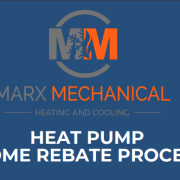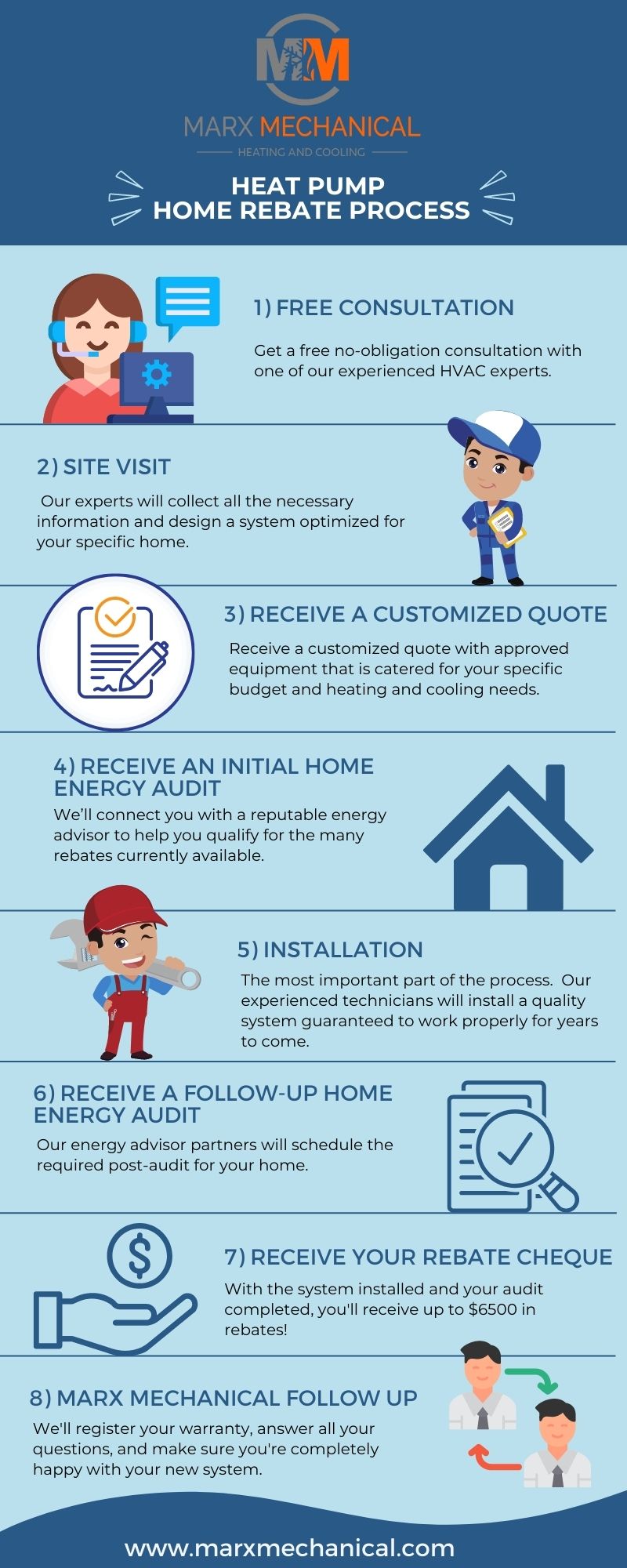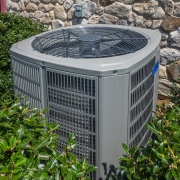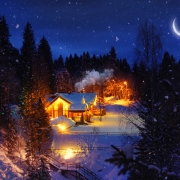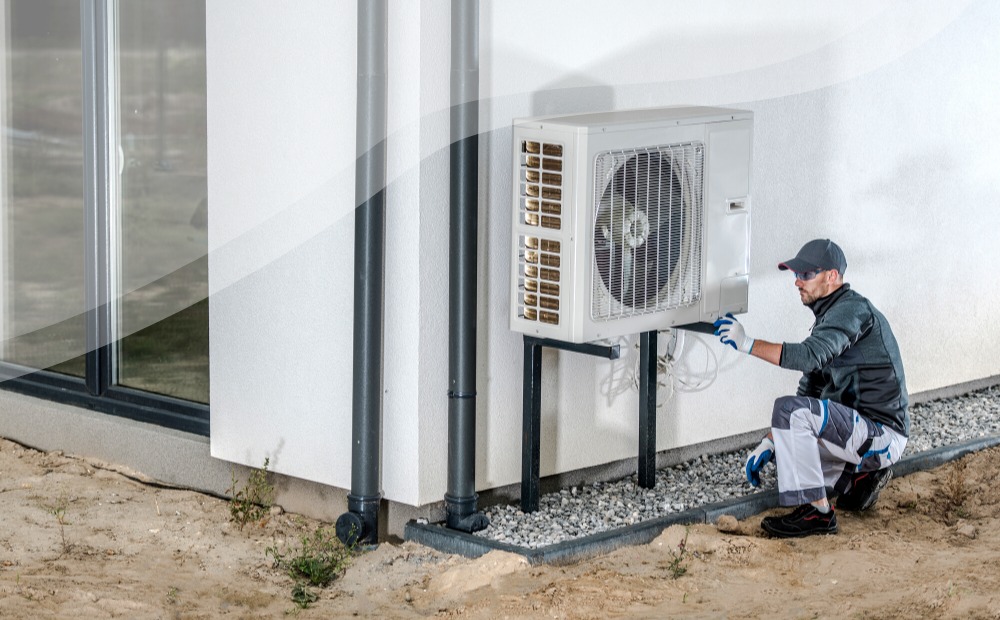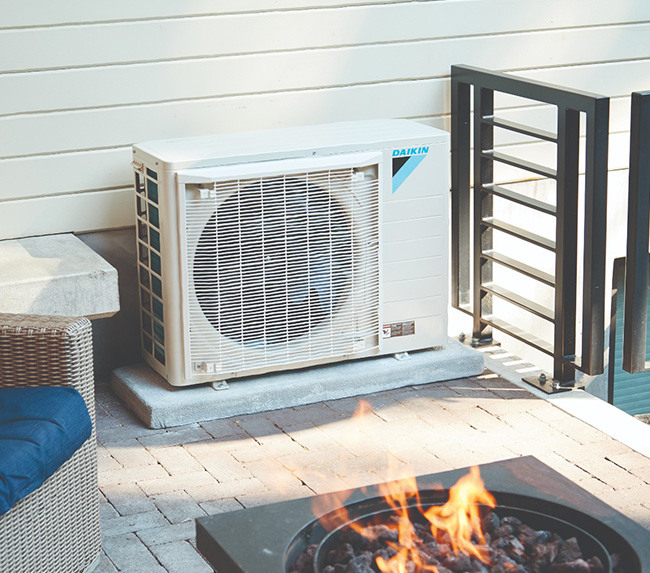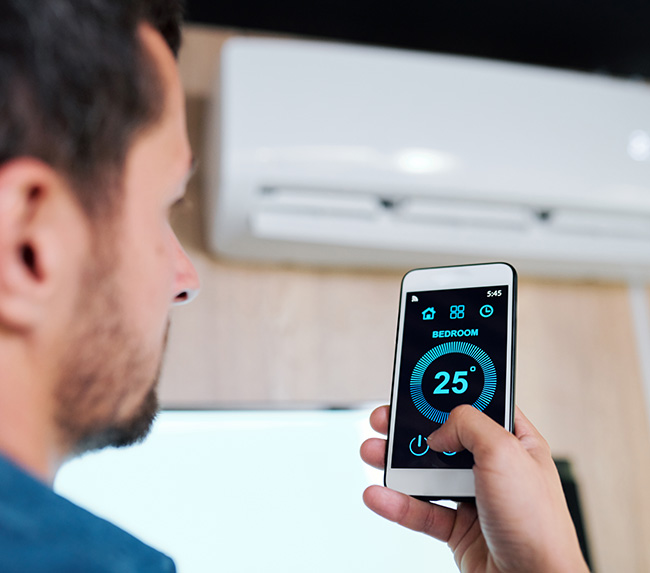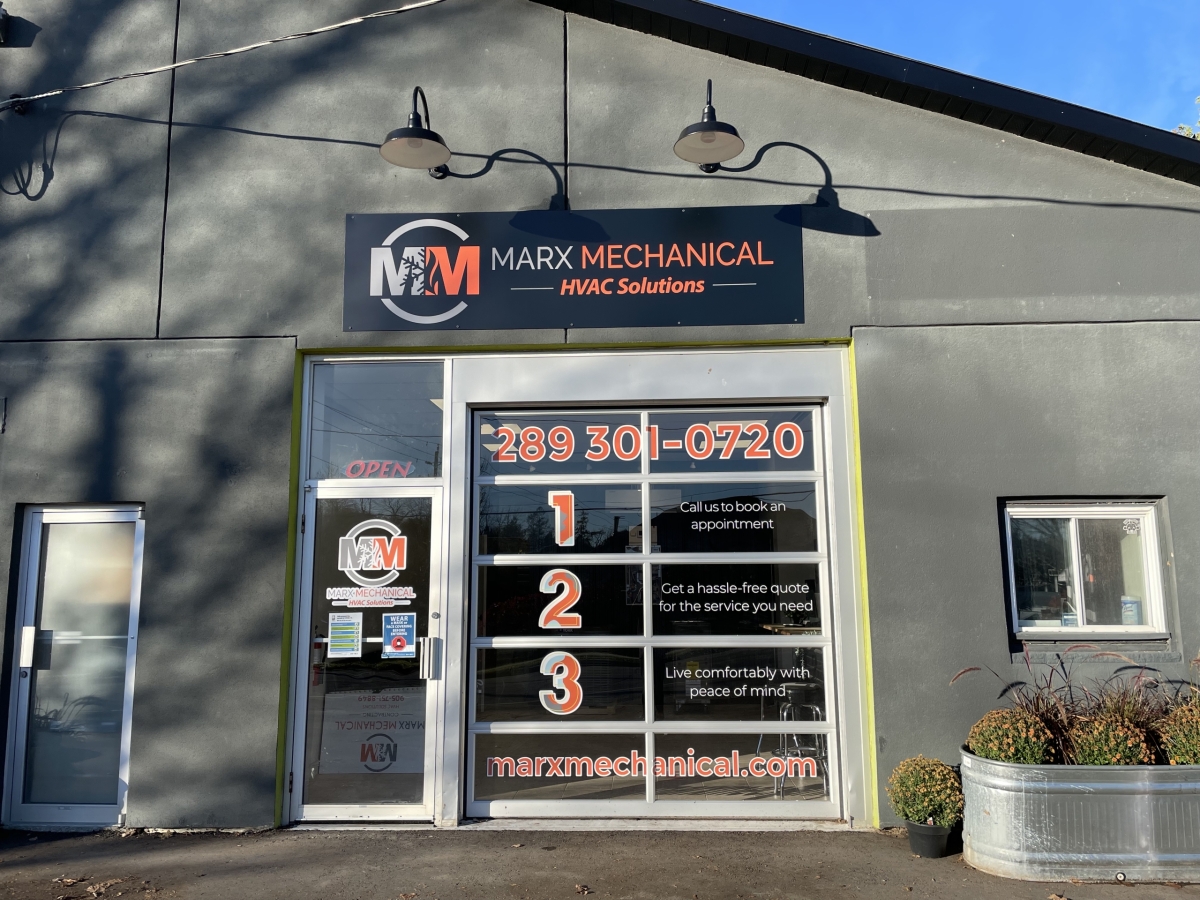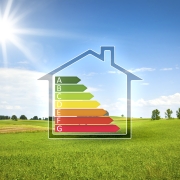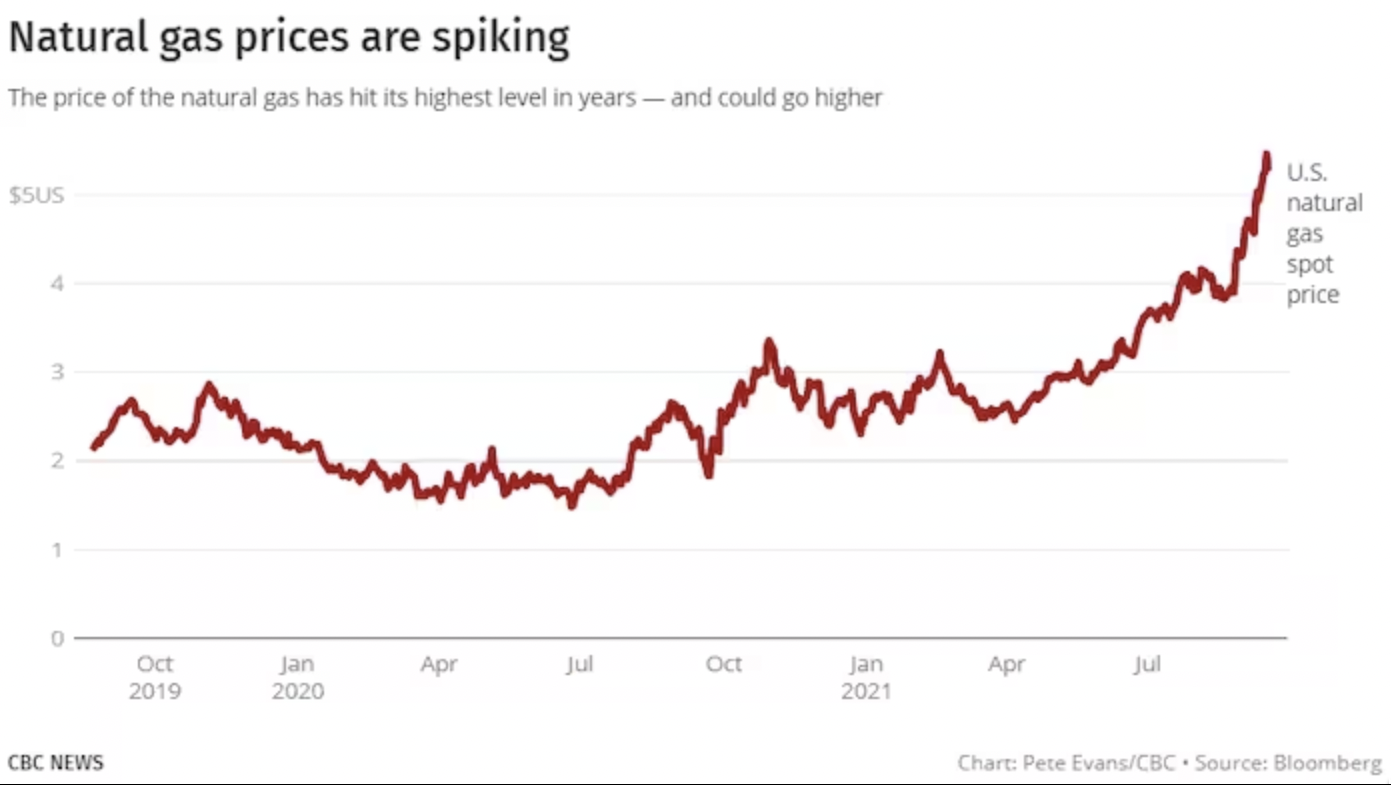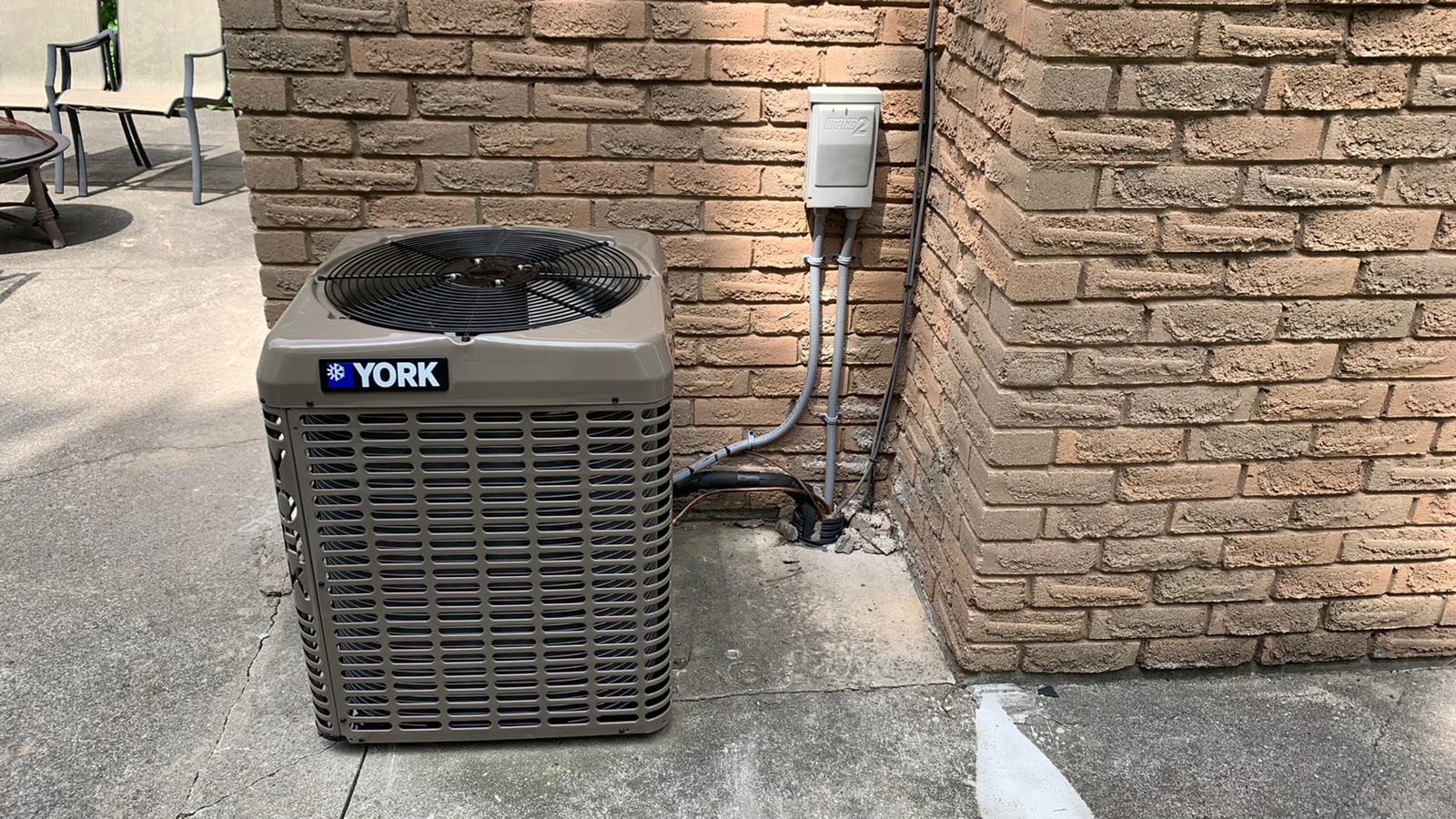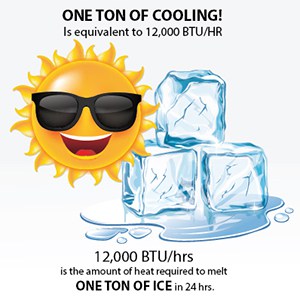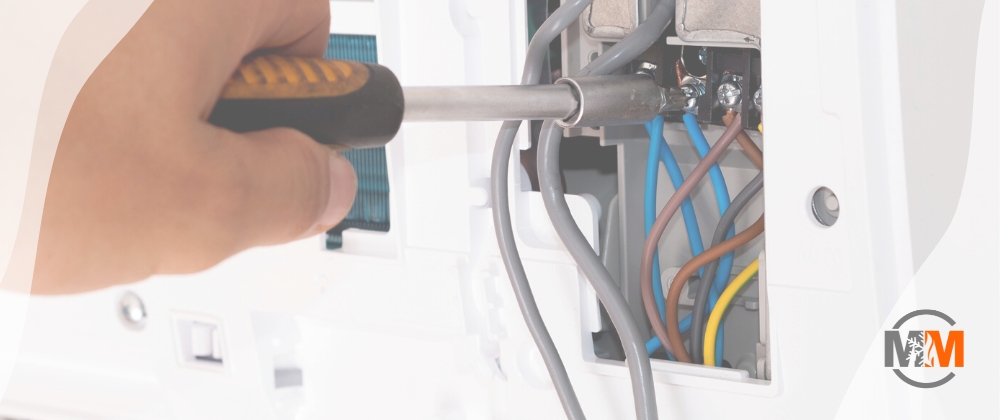What is the right heat pump for my home?
Let’s talk about the different scenarios and heat pump configurations we commonly see in homes in Ontario. In Ontario, we have homes of varying ages and construction styles and even some with additions or other structural changes that have been made over time. We also have cities and rural communities where homes have different fuel sources. Oftentimes oil and propane furnaces are used in the rural areas whereas natural gas furnaces are used in the city. As a result, all these different heating and cooling configurations influence which type of heat pump system is best for a given situation.
Scenario 1 – Oil furnace to heat pump Conversion
Here is a scenario we encounter frequently in our rural areas. This is becoming a popular transition as the cost of oil is becoming prohibitive. In some cases, it costs thousands of dollars per year in fuel costs. An article from CBC (October 2022) noted that the fuel cost for a 3-bedroom bungalow would cost $5,625 in heating. In some cases, the average heating cost was roughly $37/day vs. $13/day 10 years ago.
https://www.cbc.ca/news/canada/prince-edward-island/pei-heating-oil-cost-1.6627175
If you want to replace an existing oil furnace or propane-forced air system with a heat pump, you are likely looking into a centrally ducted heat pump. We are seeing most customers in these situations convert to a fully electric heat pump system. When choosing a central heat pump system, to get the best possible efficiency during the winter you will want to choose a cold-climate heat pump that provides the level of efficiency required to work in colder temperatures.
The below models are our go-to options for this type of system:
Daikin Fit, Tosot Apex, Mitsubishi Zuba Centrally Ducted
You may also want to consider upgrading your electrical service in order to accommodate the new system. You will also want to consult with the contractor if they are going to remove the oil or propane tanks as well.
Scenario 2 – Propane furnace to Heat Pump Conversion
Another common heat source is propane, with many homeowners in rural and even in smaller regions and towns of Ontario using it. Similar to heating oil, propane is becoming costly to operate.
This CTV article notes that between 2021 and 2022 propane prices increased 28% going from 68 cents to 86 cents per liter.
https://toronto.ctvnews.ca/canadian-propane-costs-soar-due-to-supply-chain-issues-1.6018945
Just like oil conversions, we are seeing people with existing propane furnaces converting to full electric heat pump systems. Keep in mind that converting from a propane furnace to a full electric heat pump would have the same electrical and removal considerations as mentioned above.
There is another option that is a little more cost-effective, at least upfront, for propane customers who may still want to keep their propane fuel source while still reaping the benefits and efficiency of a heat pump. This is where the hybrid heat pump comes in. As of June 1, 2023, the HER+/Greener Homes program has approved some very exciting new hybrid systems.
Previously, hybrid heat pump systems required that the outdoor and indoor units be paired to qualify for rebates. This meant that if you wanted to do a hybrid system you would have to change both your furnace and air conditioner. Even if one of those two separate items did not need to be replaced.
However, stand-alone/retrofit hybrid systems are now available and approved for rebates. For example, in this scenario, a homeowner with a new furnace can pair the retrofit hybrid heat pump with their existing propane furnace. In practice, this is like installing a new air conditioner except, in addition to cooling, the heat pump will also provide high-efficiency heating with the low ambient heat pump. In this way, the heat pump will also provide heating in the winter reducing your gas consumption. You would only need to supplement your heating with your existing furnace when it’s very cold. In many cases, the furnace will run less than half of the time as before, saving on fuel and energy costs.
Scenario 3 – Home or cottage with no ductwork
Another scenario we commonly see is a home without existing ductwork. In this scenario, it often makes sense to go with a ductless, multi-head heat pump system. There are both standard and low ambient heat pump options. Low ambient options typically come at an increased upfront cost but the efficiency is higher.
Ductless systems are very flexible with multi-head options of up to 5 heads on a single outdoor unit. Refrigerant line sets and power can be run to hard-to-reach locations much easier. Also, without the need to install pesky bulkheads to accommodate ductwork a lot of headroom can be saved.
Keep in mind, if the ductless system is your only source of heating you will most likely want to install baseboard heating as backup in case the system goes down or the temperatures are extremely cold and supplemental heat is required. The good news is that in many homes that don’t already have ductwork they likely already have baseboard heating installed. Additionally, the heat pump will provide highly efficient heating most of the time meaning that you are still saving money on energy costs.
Scenario 4 – Natural Gas furnace to Hybrid Heat Pump Conversion
Do you have a natural gas furnace that is 20 years old and considering an upgrade? In that case, it might make sense to take advantage of the rebates currently available and invest in a hybrid heat pump system that provides both super-efficient heating and air conditioning.
Hybrid heat pumps are a unique option.
Natural gas heating systems are still relatively cost-effective compared to homes heating with oil or propane. That said, with the HER+ rebate, installation costs will be similar to that of a standard system and you should see an improvement in overall operating cost as well as future-proofing your heating system against rising gas costs.
Another benefit is an overall decrease in operating noise as heat pump inverter condensers have a quieter operation than your traditional AC. During the heating season, the heat pump will provide heating to your home until the temperature reaches low enough that the efficiency cannot keep up with the heat requirements of the home. Once this happens the gas furnace will turn on to provide supplemental heat. The secondary fuel source is what makes this a hybrid system.
Conclusion
There are many reasons why customers may choose to completely go off any gas fuel furnace system and go with a fully electric heat pump and forgo gas for good. In other scenarios, some customers may want to get off oil but would like propane as a secondary fuel source as they are in a rural environment, and have gas fireplaces or a generator. The situations above are our most common scenarios but there is no one size fits all solution. An experienced HVAC company can look at your specific situation, make recommendations and provide cost comparisons to find the best heat pump solution for your home and budget




